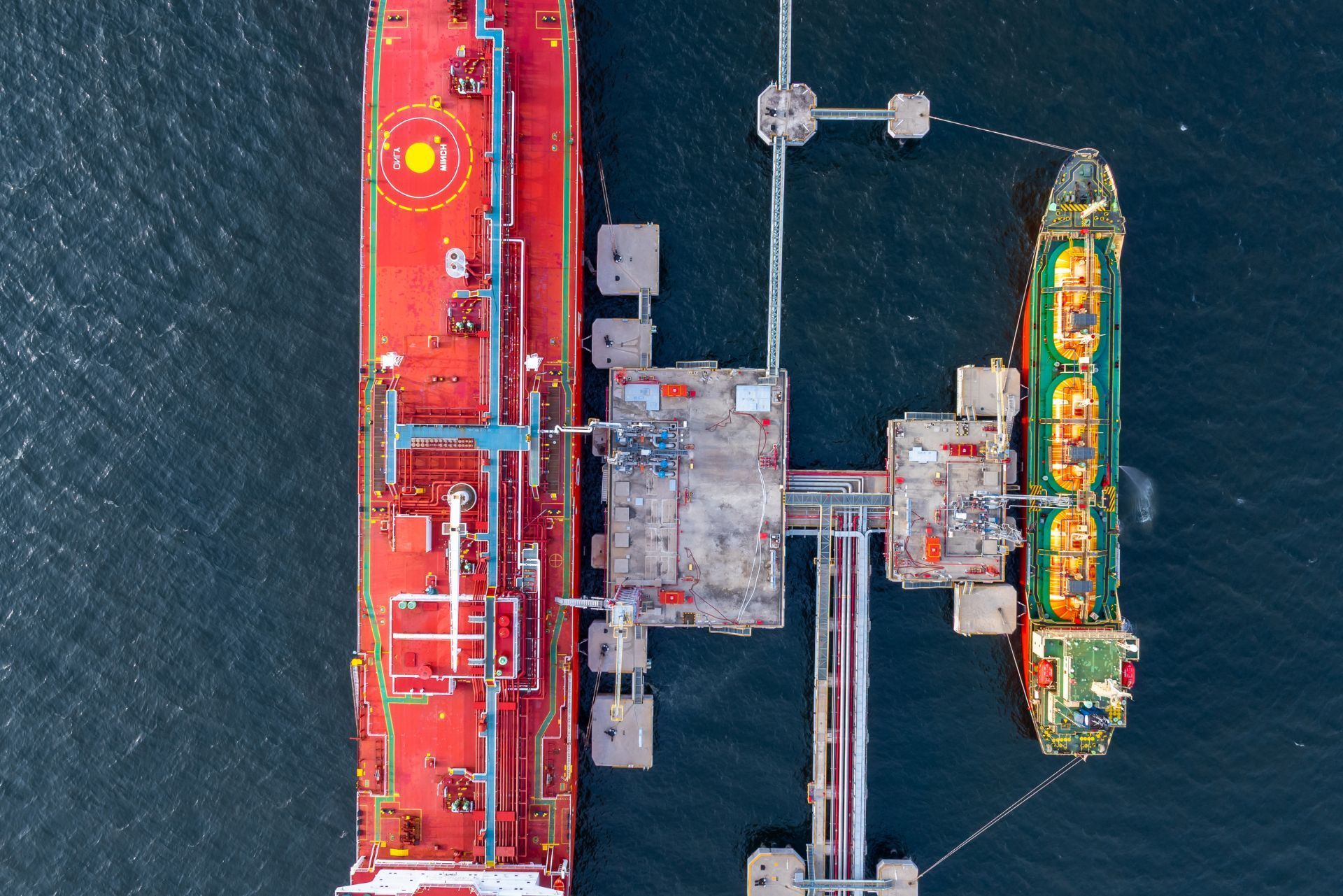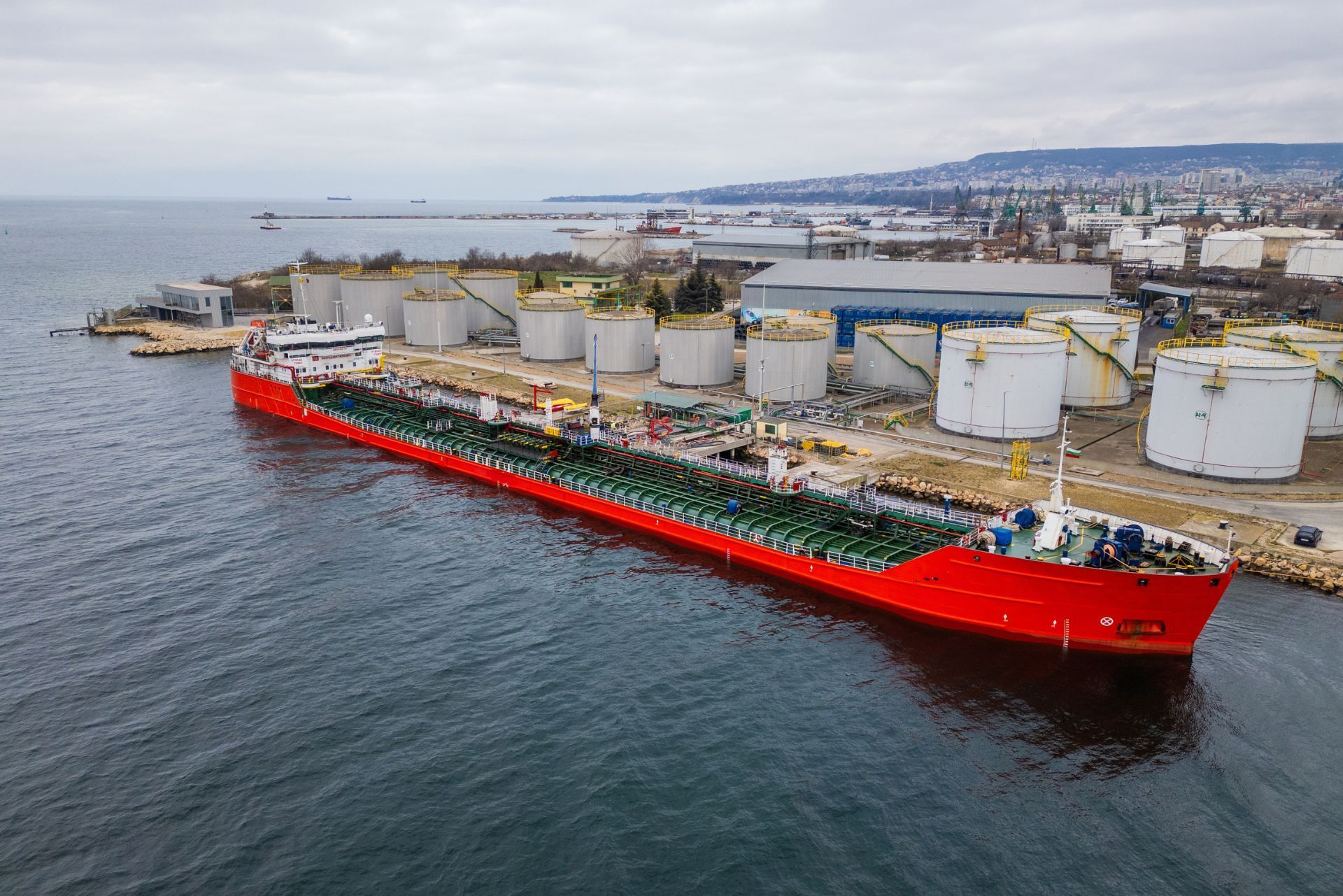Floating Production Storage and Offloading Insurance (FPSO)

or call us: (281) 823-8262
Top 3 Recommended Policies

Floating Production Storage and Offloading (FPSO) units have become pivotal in the offshore oil and gas industry, enabling production in deepwater and remote locations where traditional infrastructure is impractical. As the FPSO market continues to expand rapidly, so does the complexity and importance of insurance tailored specifically to these specialized vessels. Understanding FPSO insurance is crucial for operators, investors, and stakeholders to mitigate risks associated with production, storage, and offloading operations at sea.
With the global FPSO market valued at USD 29.81 billion in 2021 and projected to nearly double by 2027, the demand for comprehensive insurance solutions is growing in parallel. This article explores the fundamentals of FPSO insurance, the unique risks involved, recent industry developments, and emerging trends shaping the future of this critical coverage.
What Is FPSO and Why Is Insurance Essential?
FPSO units are floating vessels equipped to process hydrocarbons extracted from subsea wells, store the oil or gas onboard, and offload it to shuttle tankers or pipelines. They are vital in offshore oilfields, especially in deepwater and ultra-deepwater environments where fixed platforms are not feasible. The design of FPSOs allows them to remain mobile, which is particularly advantageous in regions where oil fields are not static and can shift over time due to geological changes. This mobility also enables operators to relocate FPSOs to more productive fields or to respond to changing market demands swiftly.
Given their multifunctional role and exposure to harsh marine conditions, FPSOs face a broad spectrum of risks including operational hazards, environmental liabilities, and geopolitical challenges. Insurance provides financial protection against losses from accidents, equipment failure, natural disasters, and third-party claims. The potential for oil spills, for instance, can lead to significant environmental damage and costly legal battles, making comprehensive insurance coverage not just a safeguard but a necessity for operators. Additionally, the unique challenges posed by piracy in certain regions further complicate the risk landscape, underscoring the importance of robust insurance policies that can cover such threats.
Moreover, the increasing technological sophistication of FPSOs, such as enhanced safety features and greater storage capacities, necessitates tailored insurance policies that address both traditional marine risks and the complexities of offshore production operations. As FPSOs incorporate advanced technologies like real-time monitoring systems and automated safety protocols, insurers must adapt their offerings to account for these innovations. This includes understanding the implications of cyber risks, as the integration of digital technologies opens new avenues for vulnerabilities. Insurers are now tasked with evaluating not only the physical assets but also the digital infrastructure of FPSOs, ensuring that policies are comprehensive enough to cover all potential scenarios.

Key Risks Covered by FPSO Insurance
FPSO insurance typically encompasses several categories of risk, reflecting the vessel’s unique operational profile:
- Hull and Machinery Insurance: Covers physical damage to the FPSO vessel itself, including its processing equipment and onboard systems.
- Loss of Hire Insurance: Protects against revenue loss if the FPSO is out of operation due to damage or repairs.
- Third-Party Liability: Covers claims arising from environmental pollution, bodily injury, or property damage caused by the FPSO’s operations.
- Control of Well Insurance: Provides coverage for incidents related to well control, such as blowouts or well damage, which can have catastrophic consequences.
- Offshore Energy Risks: Includes coverage for risks specific to offshore energy production, such as subsea equipment failure or pipeline damage.
These insurance components are often bundled or customized depending on the operator’s risk appetite, the FPSO’s location, and the regulatory environment. Additionally, the dynamic nature of offshore operations means that the risk landscape can shift rapidly, influenced by factors such as technological advancements and environmental regulations. For instance, as the industry moves towards more sustainable practices, insurers are increasingly considering risks associated with renewable energy sources and the potential liabilities that may arise from transitioning to greener technologies.
Moreover, the geographical location of an FPSO plays a crucial role in determining the specific risks covered. Operations in regions prone to extreme weather conditions, such as hurricanes or typhoons, may require enhanced coverage for weather-related damages. Similarly, FPSOs operating in politically unstable areas might necessitate additional protection against risks like piracy or civil unrest. As such, operators must engage in thorough risk assessments and collaborate closely with insurers to ensure that their coverage adequately reflects the multifaceted challenges they face in the offshore environment.
Market Growth and Technological Advancements Influencing FPSO Insurance
The FPSO market is experiencing robust growth driven by increased offshore exploration and production activities. According to industry reports, the global FPSO market is expected to grow from USD 7.69 billion in 2025 to USD 22.20 billion by 2034 at a CAGR of approximately 12.5%. This expansion is fueled by the development of deepwater fields and the deployment of advanced FPSO units capable of operating in challenging environments.
Technological innovations are also reshaping the risk landscape. Enhanced safety features, improved production capabilities, and increased storage capacities reduce some operational risks but introduce new complexities for insurers to assess. For example, the integration of renewable energy sources like wind and solar power with FPSO operations is gaining traction, enhancing sustainability but requiring updated insurance frameworks to cover hybrid energy systems.
These developments necessitate continuous adaptation of insurance products to address evolving operational and environmental risks effectively. In addition to hybrid energy systems, the rise of digital technologies such as IoT (Internet of Things) and AI (Artificial Intelligence) is revolutionizing the way FPSOs operate. Real-time data analytics can predict equipment failures before they occur, allowing for proactive maintenance and reducing downtime. Insurers must now consider these advancements when evaluating risk, as the potential for improved operational efficiency can significantly influence policy terms and premiums.
Moreover, the regulatory landscape is also evolving in response to these technological advancements. Governments and international bodies are implementing stricter environmental regulations, pushing operators to adopt more sustainable practices. This shift not only affects operational protocols but also impacts insurance requirements, as policies must now encompass liabilities related to environmental damage and compliance with new regulations. As a result, insurers are tasked with developing comprehensive coverage options that address both traditional risks and the unique challenges posed by these emerging technologies.
Deepwater FPSOs and Emerging Challenges
Deepwater FPSOs represent a significant frontier in offshore production, enabling access to previously unreachable oil and gas reserves. As noted by industry experts, new technologies are facilitating operations at greater depths and in harsher conditions, expanding the scope for resource extraction. These floating production storage and offloading units are not only pivotal in enhancing extraction efficiency but also in reducing the environmental footprint associated with traditional drilling methods. By processing and storing oil offshore, FPSOs minimize the need for extensive onshore infrastructure, which can disrupt local ecosystems.
However, these advancements also bring heightened risks. Operating in deepwater environments involves greater exposure to extreme weather, complex subsea infrastructure, and logistical challenges. Insurance policies must therefore cover a wider array of potential incidents, including well control failures and environmental damage in sensitive marine ecosystems. The intricate nature of deepwater operations means that even minor technical failures can lead to significant operational delays and financial losses, prompting a reevaluation of risk management strategies across the industry.
Additionally, the recent deployment of Asia’s first cylindrical FPSO, "Haikui No. 1," by China National Offshore Oil Corporation (CNOOC) in the Liuhua Oilfield, marks a milestone in deepwater production technology. This innovation introduces new design and operational risks that insurers must evaluate carefully to provide adequate coverage. The cylindrical design is intended to enhance stability and reduce the impact of waves, yet it also necessitates rigorous testing and monitoring to ensure its integrity under extreme conditions. As the industry embraces such cutting-edge technologies, the importance of collaboration between operators, engineers, and insurers becomes paramount to navigate the complexities of these evolving challenges.
Moreover, the regulatory landscape surrounding deepwater FPSOs is also evolving. Governments and international bodies are increasingly focusing on stringent safety and environmental regulations, pushing operators to adopt best practices in risk management and emergency preparedness. This shift not only aims to safeguard marine environments but also to protect the investments made in these high-stakes projects. As a result, companies are investing in advanced monitoring systems and contingency planning to mitigate the potential impacts of accidents, further highlighting the critical intersection of technology, safety, and environmental stewardship in the future of offshore production.

Environmental and Regulatory Considerations in FPSO Insurance
Environmental protection is a critical concern in offshore operations. FPSOs carry significant volumes of hydrocarbons, and any spill or leak can have devastating ecological and financial consequences. Insurance policies often include coverage for pollution liability, cleanup costs, and third-party claims arising from environmental damage. The potential for catastrophic events, such as oil spills, not only threatens marine ecosystems but also poses risks to local economies that rely on fishing and tourism. Consequently, insurers are increasingly scrutinizing the environmental practices of FPSO operators, requiring them to implement robust risk management strategies and adhere to best practices in environmental stewardship.
Regulatory frameworks governing offshore production are becoming increasingly stringent worldwide. Operators must comply with safety, environmental, and reporting standards, which influence insurance underwriting and claims management. Failure to meet regulatory requirements can result in penalties or voided insurance coverage. Moreover, these regulations often vary significantly by region, necessitating that operators stay informed about local laws and international agreements. The introduction of initiatives such as the International Maritime Organization's (IMO) guidelines on reducing greenhouse gas emissions adds another layer of complexity, compelling operators to adopt innovative technologies and practices that align with sustainability goals.
The shallow water FPSO segment, which held the largest market share of around 37.4% in 2022, is also subject to evolving regulations aimed at minimizing environmental impact while supporting industry growth. This balance between operational expansion and environmental stewardship is a key factor shaping insurance policies and premiums. As the industry shifts towards more sustainable practices, insurers are beginning to offer incentives for operators who invest in cleaner technologies and enhanced safety measures. For instance, FPSOs that utilize advanced containment systems or engage in regular environmental audits may qualify for lower premiums, reflecting a growing trend where risk assessment is closely linked to environmental performance. Additionally, the rise of public awareness and activism around climate change is prompting insurance companies to reassess their portfolios, leading to a greater emphasis on underwriting practices that prioritize environmental sustainability.
Future Trends in FPSO Insurance
Looking ahead, the FPSO insurance market is expected to evolve alongside technological and operational trends. The integration of renewable energy sources with FPSO units is one such trend enhancing offshore sustainability and efficiency. As highlighted by recent studies, wind and solar power projects combined with conventional FPSO operations are gaining momentum, prompting insurers to develop new risk models.
Moreover, advancements in digital technologies, such as real-time monitoring, predictive maintenance, and automated safety systems, are expected to reduce operational risks and claims. Insurers are increasingly leveraging data analytics to refine underwriting processes and offer more competitive premiums.
As the FPSO market continues to expand and diversify, insurance solutions will need to remain flexible and innovative to address emerging risks and support sustainable offshore energy development. The rise of autonomous vessels and unmanned operations is another significant trend that could reshape the insurance landscape. With the potential for reduced human error and enhanced operational efficiency, these technologies may also introduce new types of risks that insurers must evaluate. For instance, the reliance on sophisticated algorithms and artificial intelligence for navigation and decision-making could lead to unique liability issues, necessitating tailored insurance products that address these specific challenges.
Additionally, the ongoing geopolitical shifts and regulatory changes in offshore energy markets are likely to impact FPSO insurance. As countries strive for energy independence and sustainability, they may introduce new regulations that affect operational standards and insurance requirements. Insurers will need to stay abreast of these developments and adapt their policies accordingly, ensuring that they provide comprehensive coverage that aligns with evolving legal frameworks. This dynamic environment calls for a proactive approach from insurers, who must not only assess current risks but also anticipate future challenges in a rapidly changing energy landscape.
Conclusion
FPSO insurance is a specialized and vital component of offshore oil and gas operations, providing financial protection against a complex array of risks associated with production, storage, and offloading at sea. With the FPSO market projected to experience significant growth and technological transformation, insurance products must evolve to meet new challenges.
From deepwater innovations to the integration of renewable energy sources, the landscape of FPSO operations is dynamic and demanding. Operators and insurers alike must stay informed about market trends, regulatory changes, and technological advancements to ensure effective risk management and sustainable offshore production.
For those involved in the offshore energy sector, understanding the nuances of FPSO insurance is essential to safeguard investments, comply with regulations, and contribute to the responsible development of global energy resources.
Contact Us
Phone
Location
9595 Six Pines Dr, Suite 8210, The Woodlands, TX 77380
